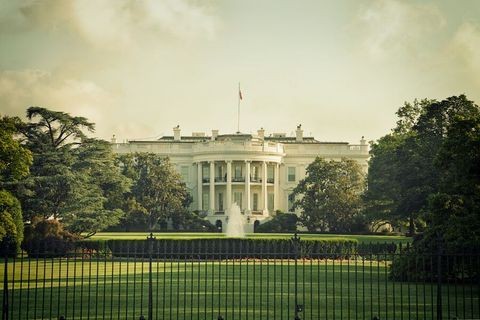GAO Implements Changes to Bid Protest Process
Client Alert | 1 min read | 04.06.18
On April 2, 2018, GAO published a final rule, effective May 1, 2018, implementing the long-awaited Electronic Protest Docketing System (EPDS) allowing for the electronic filing and documentation dissemination for protests. In addition to implementing EPDS, the final rule includes other changes to “streamline the bid protest process.”
Notable changes to GAO’s protest process as a result of the rule include the following:
- Implementation of the EPDS as the sole method for filing unclassified GAO protests.
- Instituting a $350 filing fee for all new protests.
- Clarifying that protests challenging solicitation improprieties that become known after the solicitation closes and without an amended closing date must be filed within 10 days of when the protester knew or should have known of the basis of protest.
- Clarifying the scope of GAO’s jurisdiction over the award of task/delivery orders and the propriety of an agency’s use of a non-procurement instrument to procure goods or services (e.g., other transaction authority (OTA)).
- Requiring redacted versions of protected documents only when requested by another party.
- Requiring an agency that overrides CICA’s automatic stay to notify GAO of the basis of the decision or provide a copy of the decision itself.
To read more, visit our blog post on the topic.
Insights
Client Alert | 5 min read | 02.20.25
On February 18, President Trump issued an Executive Order titled “Ensuring Accountability for All Agencies”[1] that directs independent agencies (as well as Cabinet Departments and their sub-agencies) to route all “proposed and final significant regulatory” and budgetary actions through the White House and the Office of Management and Budget. If implemented to its full extent, this action will significantly strengthen the authority of the White House by weakening the political autonomy of these independent agencies. As an assertion of the President’s inherent powers under Article II of the U.S. Constitution, it also stands to weaken congressional influence over these independent agencies, both through the appropriations and confirmation processes.
Client Alert | 3 min read | 02.20.25
State Attorneys General Issue Multistate Guidance on Diversity, Equity, Inclusion, and Accessibility
Client Alert | 2 min read | 02.19.25
District Court Grants Temporary Reprieve to USAID Implementing Partners
Client Alert | 7 min read | 02.19.25
Trump Administration Seeks Input from Public on National Artificial Intelligence Action Plan





